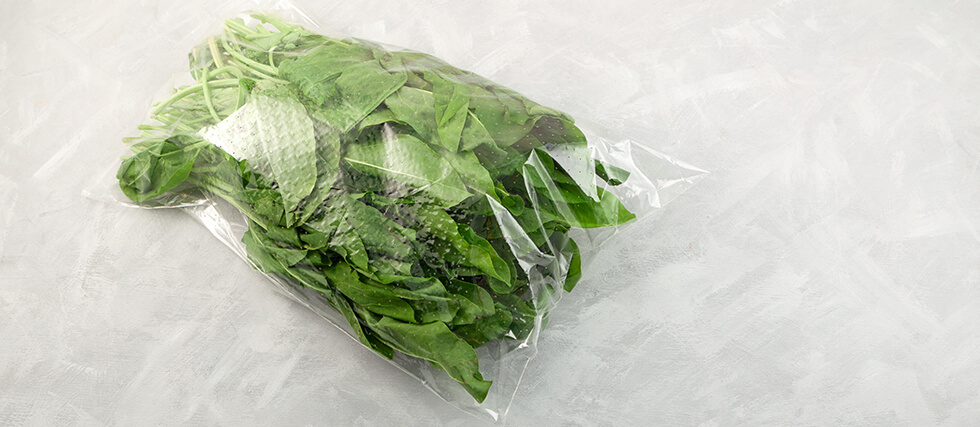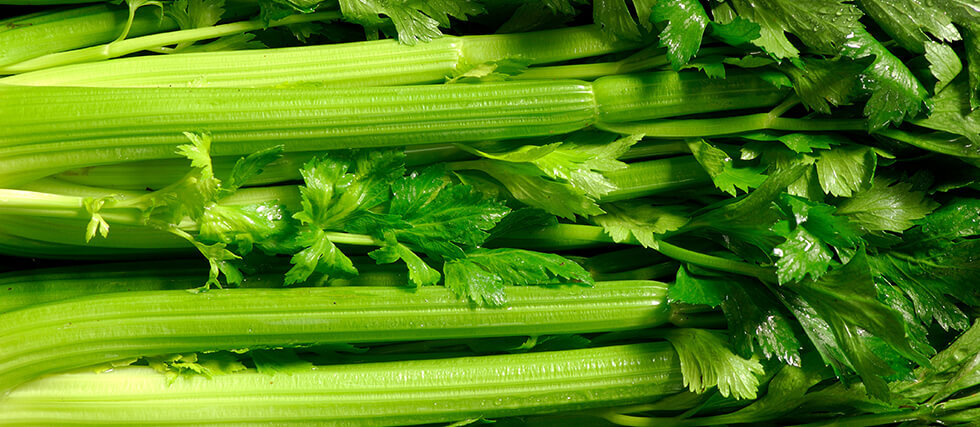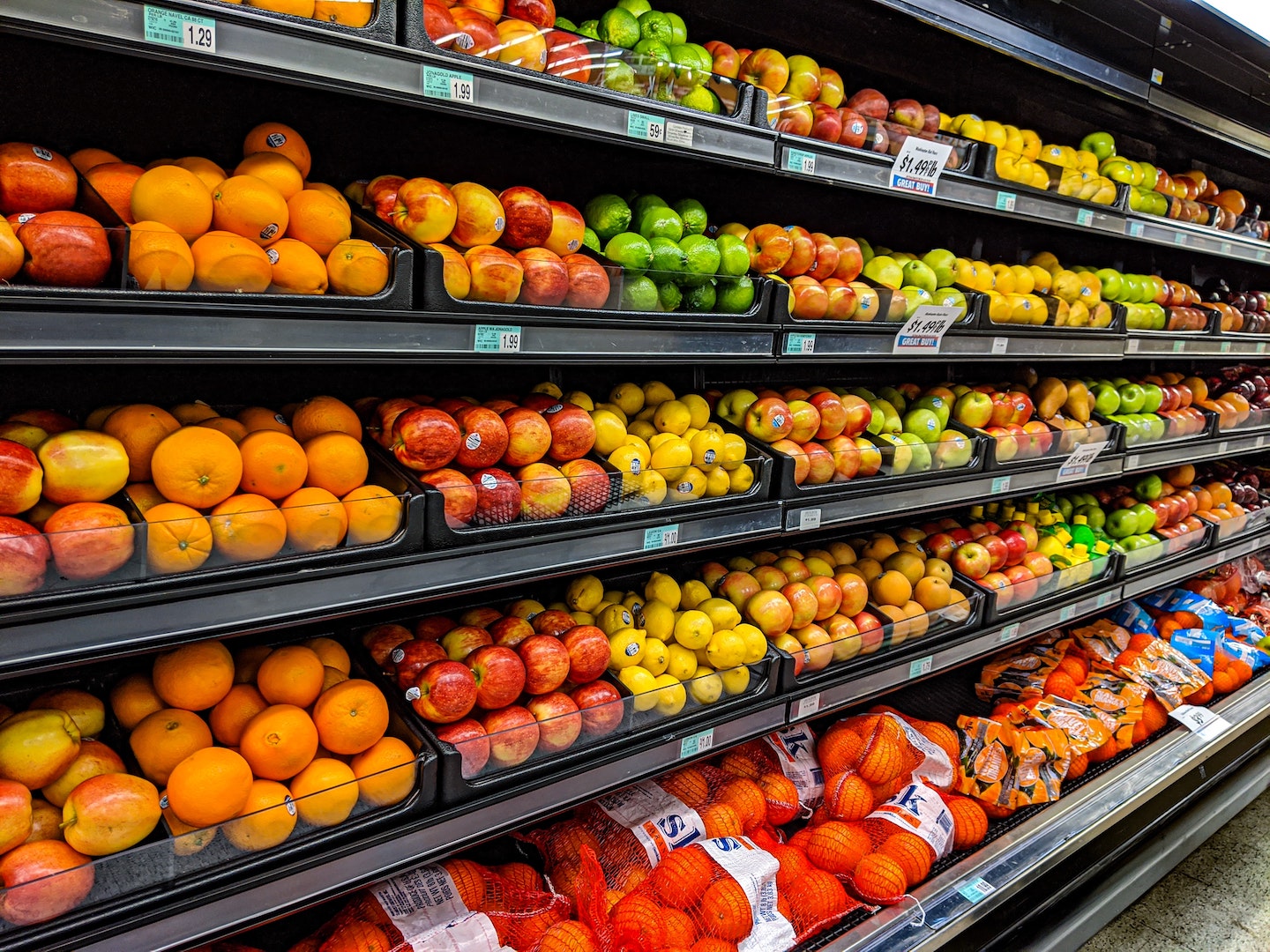Urgent Recall Alert: Nationwide Mushroom Contamination Risk
A serious health alert has been issued for enoki mushrooms distributed nationwide due to potential listeria contamination, according to the FDA. This recall demands immediate attention, especially if you’ve recently bought mushrooms from your local grocery store.
Listeria is a dangerous bacterium, particularly threatening pregnant women, elderly adults, and those with weakened immune systems. Eating contaminated products could trigger severe symptoms, including high fever, severe headaches, nausea, abdominal pain, and diarrhea. In extreme cases, infection can lead to miscarriage, stillbirth, neurological complications, or even death.
Specifically, Harvest NYC Inc.’s enoki mushrooms, packaged in distinctive green plastic containers weighing 200 grams, are involved. Check your kitchen for packages marked with the UPC: 6975730520101. These recalled mushrooms were distributed nationwide and carry the distributor information: Hofood99 Inc., located at 21903 56th Ave, Oakland Gardens, NY.
The contamination was discovered when samples tested positive for listeria at a grocery store in Buffalo, NY. Fortunately, there have been no reported illnesses to date. However, the FDA stresses the need for immediate action to prevent potential outbreaks.
If you purchased these mushrooms between January 11 and January 31, 2025, do NOT consume them. Instead, discard them immediately or return the package to the retailer for a full refund. Protect yourself and your family by carefully checking your fridge and pantry. Listeria infections are serious—prompt action is critical.





